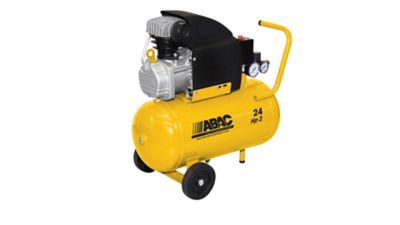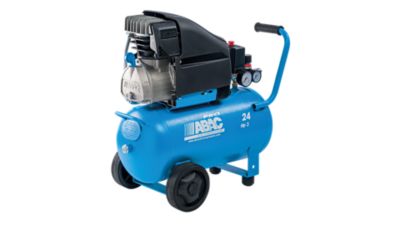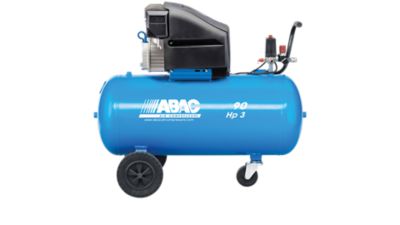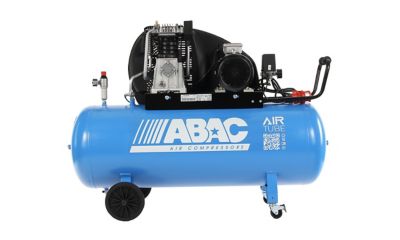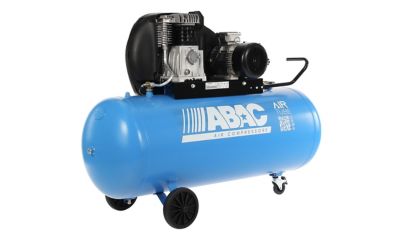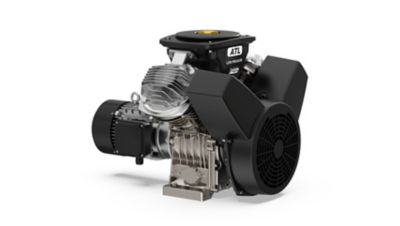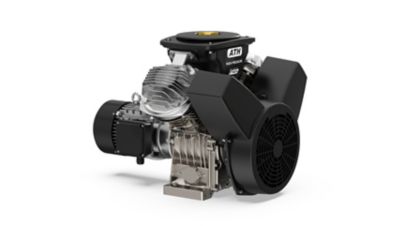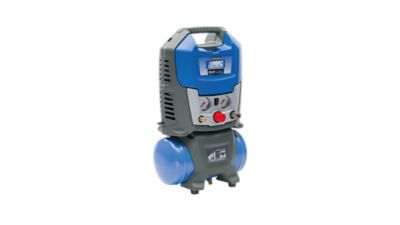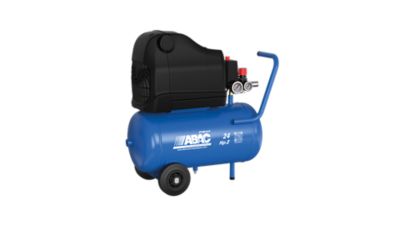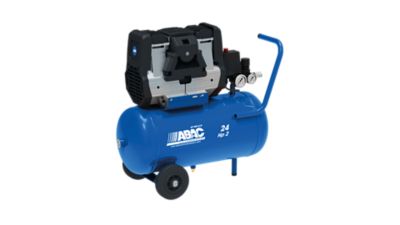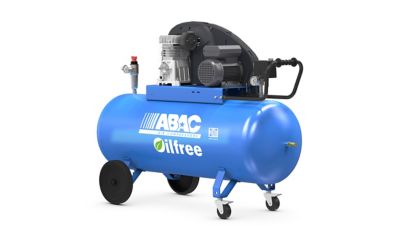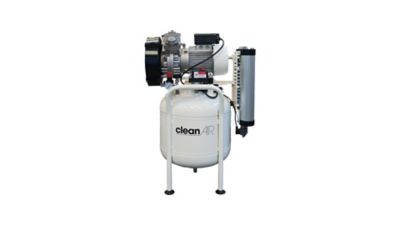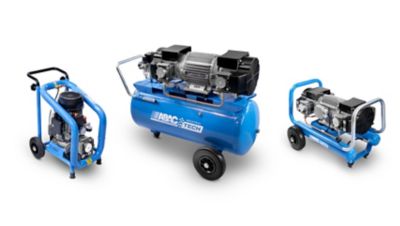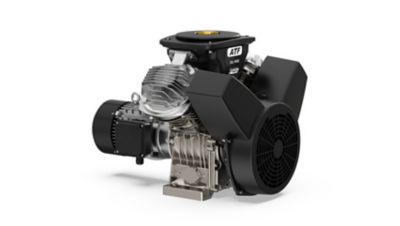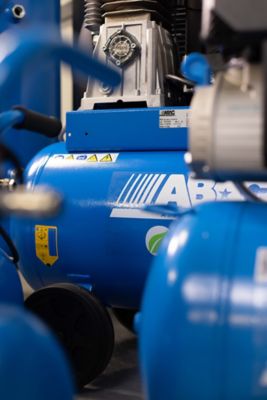When it comes to choosing air compressors, one of the most frequently encountered challenges is deciding between oil lubricated and oil-free options. This choice can greatly influence your equipment's efficiency, maintenance needs, and overall performance. In this article, we'll explore the applications of both oil and oil-free air compressors, how they manage air quality, and their specific uses, equipping you with the insights necessary for an informed decision.
Understanding Air Compressors
Air compressors play a crucial role across various industries, from manufacturing to healthcare. They function by transforming power into potential energy, which is stored in pressurised air. This pressurised air can then be harnessed for a range of applications, including powering pneumatic tools, inflating tyres, or serving in medical devices.
Oil-Free Air Compressors
How They Work
Oil-free air compressors, as the name suggests, do not use oil for lubrication. Instead, they rely on alternative methods such as Teflon-coated components or pre-lubricated bearings. These compressors are designed to operate without the need for oil, making them ideal for applications where air purity is crucial.
Applications
Oil-free compressors are essential for industries that prioritise air purity. Their specialised design guarantees that no oil contaminates the compressed air, making them an ideal choice for various applications:
- Automotive: While oil lubricated compressors work well for processes like assembly, oil-free compressors are typically the go-to choice for applications such as paint spraying.
- Food and Beverage Industry: Maintains the integrity of compressed air, ensuring products remain uncontaminated.
- Healthcare: Delivers clean air essential for medical devices, crucial for both patient safety and the reliability of equipment.
- Automation: Protects expensive automated machinery from potential damage caused by oil contamination.
- Laser Cutting: Plays a vital role in cooling components of laser cutting machines and is key in keeping the laser head and lenses free from dirt and dust, which is critical for achieving precise cuts.
- Electronics Manufacturing: Safeguards delicate electronic components, preventing damage that can occur from even trace amounts of oil.
- Pharmaceuticals: Upholds the sterile conditions necessary for the production and packaging of medications.
By utilising oil-free compressors, these industries can ensure the highest possible standards of cleanliness and operational efficiency.
Explore Oil-Free Air Compressors
Oil vs Oil Free Compressor: Choosing the Right One for Your Needs
Generally, compressors are not designed for specific industries; rather, various types of compressors serve specific applications. For instance, the automotive sector may utilise oil lubricated compressors for certain processes, while requiring oil-free compressors for others. The choice between these two types hinges on the intended use, investment considerations, and the specific application needs.
When considering costs, oil lubricated compressors typically have a lower initial price compared to oil-free ones. However, it's important to factor in the expenses associated with air treatment for oil lubricated compressors. If your application demands an air quality management system, those costs must be added to the base price of the compressor.
On the flip side, oil-free compressors usually come at a higher initial cost, but if your operations require no oil contamination, this option can be more advantageous. While the entry price is higher, you won't have the burden of an air treatment system, and maintenance costs tend to be lower.
So, who comes out on top? In short, there isn't a true winner in this comparison; both technologies excel when used appropriately in their respective contexts.


